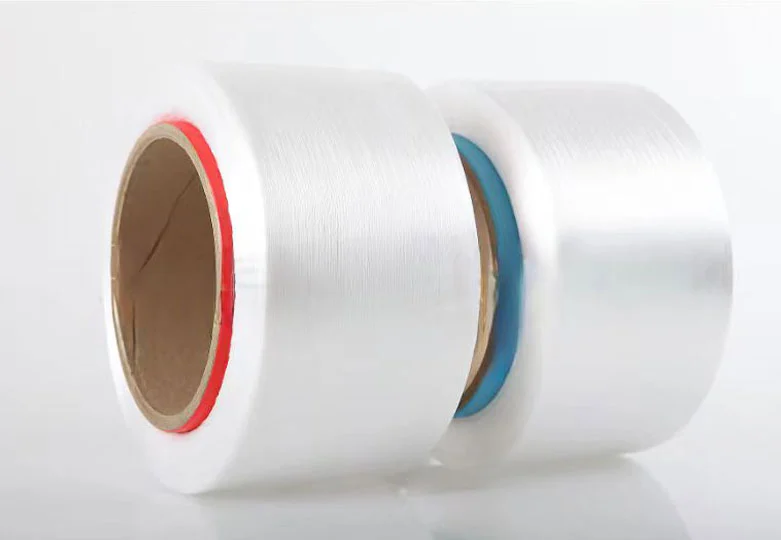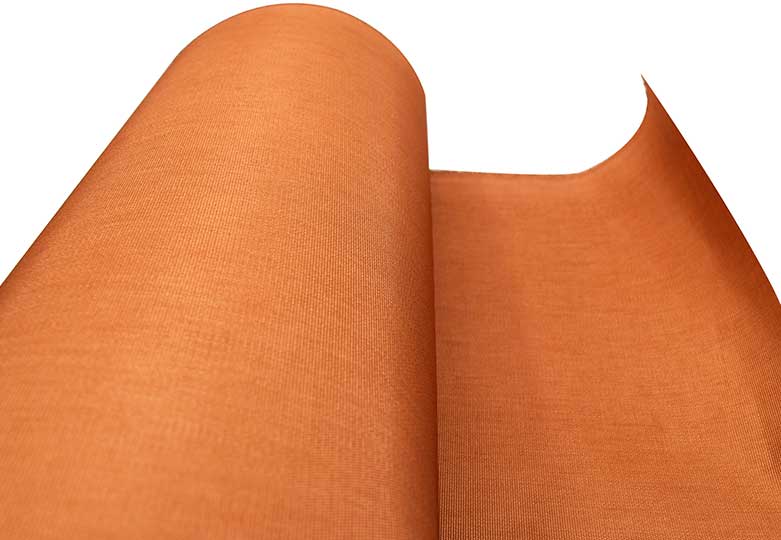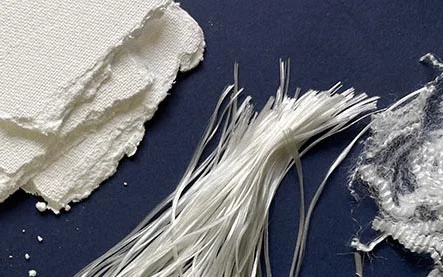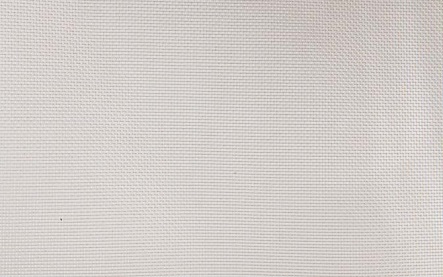
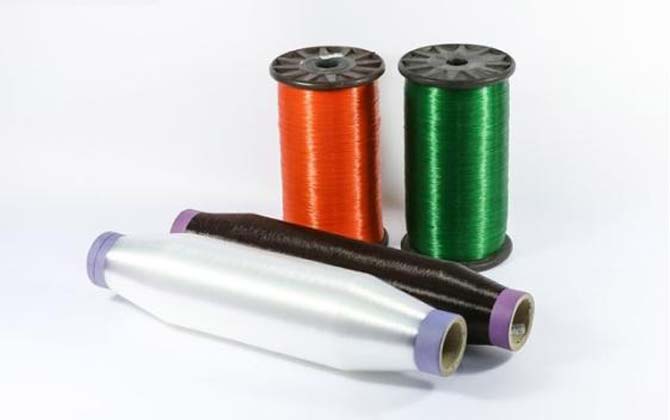

This has been achieved by incorporating recycled nylon, known as Seawastex, sourced from discarded fishing nets, into the tire’s carcass, replacing petroleum-based nylon. The recycled fishing nets, collected from fisheries and the sea in Taiwan, are processed into raw material called caprolactam, which is then spun into new nylon yarn and woven into the carcass by Taiwanese manufacturer Formosa Taffeta.
In addition to recycled nylon, the Green Marathon tire incorporates other eco-materials, including recycled carbon black from recycling partner Pyrum Innovations; fair rubber sourced from certified tappers; silica from rice husk ash; recycled rubber; and bead core wire made from recycled steel.
Felix Jahn, head of the CSR department at Schwalbe, said, “The carcass makes up around 10% of the weight of the Green Marathon. This has enabled us to increase the proportion of recycled and renewable materials in the tire to 80% just six months after launching the Green Marathon.
“In this way, we are reducing our dependence on petroleum-based materials such as new nylon and also reducing CO2eq emissions. In the medium term, we will steadily increase the proportion of Seawastex in Schwalbe tires.”
We Value Your Privacy.
Our website uses cookies to improve your experience. By clicking "Accept All Cookies", you agree to the storing of cookies on your device to enhance site navigation, analyze site usage, and assist in our marketing efforts.
 English
English 日本語
日本語 한국어
한국어 français
français Deutsch
Deutsch Español
Español italiano
italiano русский
русский português
português العربية
العربية tiếng việt
tiếng việt